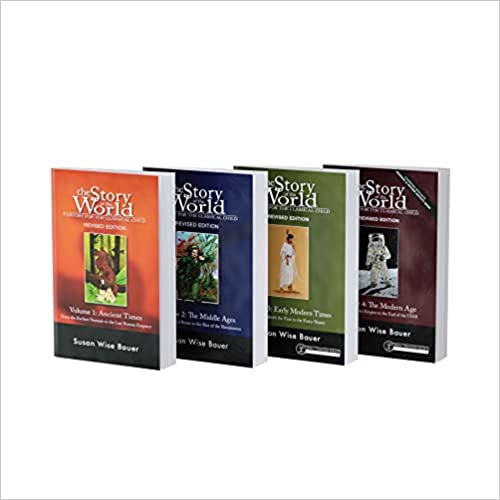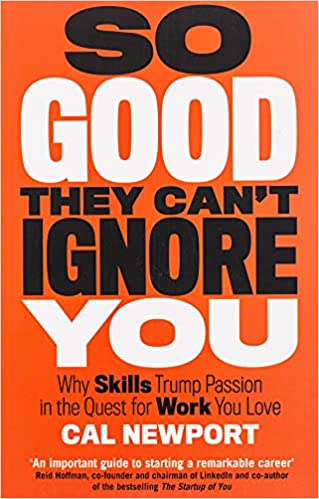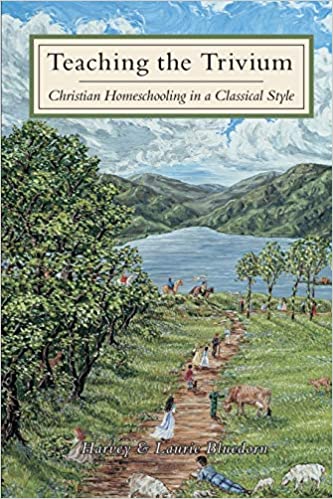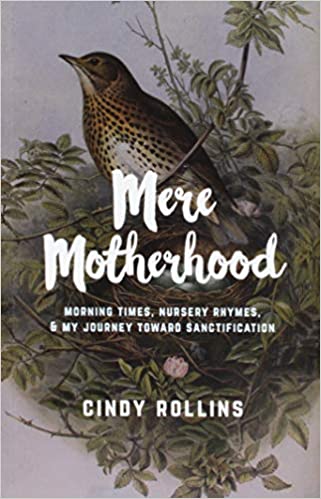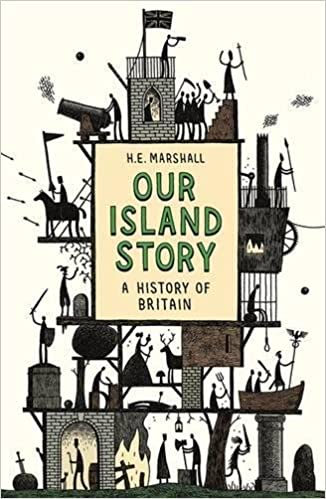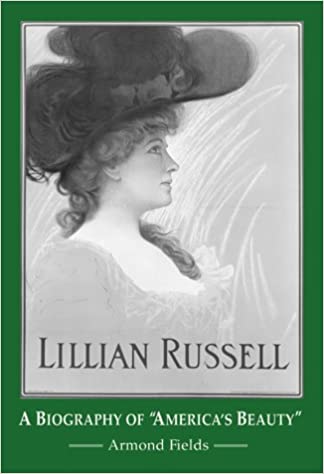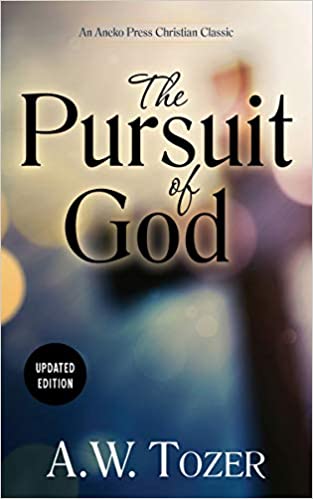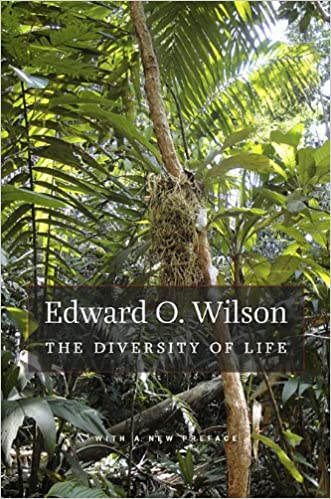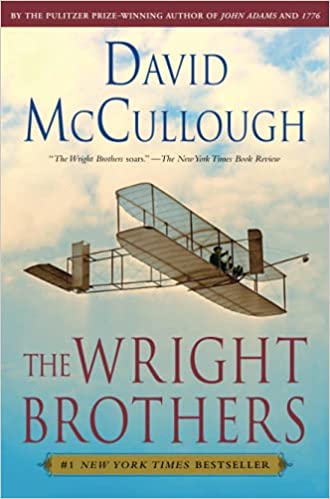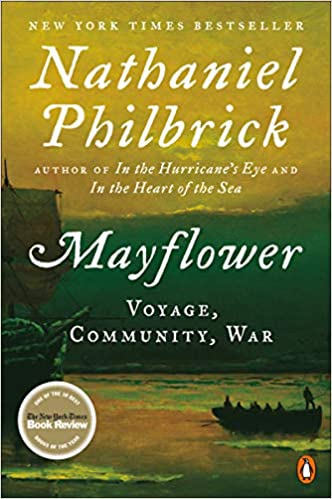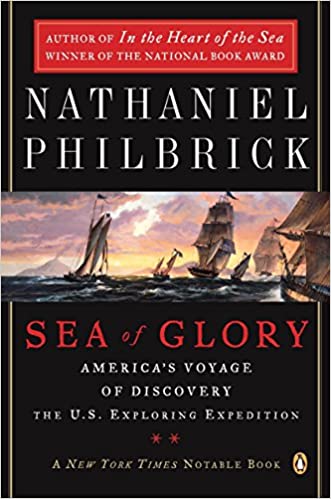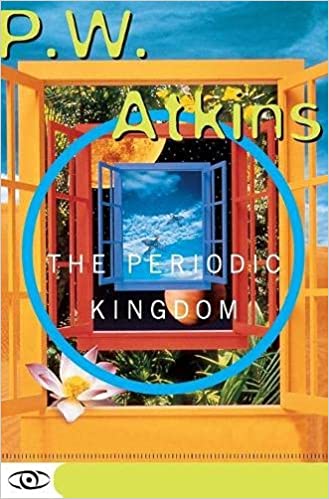Story of the World, Text Bundle, Paperback Revised Edition: History for the Classical Child: Ancient Times through The Modern Age
Available in paperback, this four-volume narrative world history tells the story of the entire globe, from the earliest nomadic humans all the way to the Persian Gulf war at the end of the twentieth century. It now includes the Revised Edition of Volume 4.
Told in an entertaining, engaging style, The Story of the World uses the stories of women and men, countries and empires, rebels and rulers, peasants and presidents, to walk young readers through a continuous, chronological account of human events. The reading level of each volume increases slightly in difficulty, growing along with the developing ability of the children following the narrative thread. Volume 1 is a read-aloud for grades 1-2, an independent read for stronger readers in grades 2-5; Volume 2 is pitched towards grades 2-6; Volume 3 (revised in 2020), towards grades 3-6; and Volume 4 (revised in 2021), tackling the difficult topics of modern wars, has a reading level of grades 4-8. hundreds of black and white illustrations
More info →So Good They Can’t Ignore You
Cal Newport's clearly-written manifesto flies in the face of conventional wisdom by suggesting that it should be a person's talent and skill - and not necessarily their passion - that determines their career path.
Newport, who graduated from Dartmouth College (Phi Beta Kappa) and earned a PhD. from MIT, contends that trying to find what drives us, instead of focusing on areas in which we naturally excel, is ultimately harmful and frustrating to job seekers.
The title is a direct quote from comedian Steve Martin who, when once asked why he was successful in his career, immediately replied: "Be so good they can't ignore you" and that's the main basis for Newport's book. Skill and ability trump passion.
Inspired by former Apple CEO Steve Jobs' famous Stanford University commencement speech in which Jobs urges idealistic grads to chase their dreams, Newport takes issue with that advice, claiming that not only is thsi advice Pollyannish, but that Jobs himself never followed his own advice.
From there, Newport presents compelling scientific and contemporary case study evidence that the key to one's career success is to find out what you do well, where you have built up your 'career capital,' and then to put all of your efforts into that direction.
More info →Teaching the Trivium: Christian Homeschooling in a Classical Style
How can you give your children the tools they need to teach themselves? Long ago students were first taught how to learn. Today, students are taught an encyclopedia of subjects trivia but they are not taught the basic skills of learning: to discover, to reason, and to apply. They are not taught the trivium.Can you homeschool in a classical style without compromising your Christian principles? Classical Education must be sifted through the critical screen of the Scriptures to be transformed into a Biblical model.Can you homeschool in a classical style without buckling under the burden? There is only so much time in the day. For every subject, and for every age, we have a workable plan which leaves you free to breathe. You can continue to use other approaches to homeschooling within the framework of classical education.Is homeschooling about renewing family vision? The family is at the heart of God s plan for restoring Christian culture. Homeschooling is not alternative education. Homeschooling was here first. We want to restore Biblical order to education.
More info →Mere Motherhood: Morning Times, Nursery Rhymes, and My Journey Toward Sanctification
It was back in the 1980's when Cindy Rollins, then a new mom in search of the best ways to teach her baby son, first heard about homeschooling. Thirty years and nine children later, Cindy has become a popular blogger, podcaster, and award-winning teacher. This is her story. It's a story of big families and cross-country moves and small-town living. It's about great books and morning times and nursery rhymes. It's the story of a dedicated mother's journey toward the Truth and the family she brought along with her.
More info →Our Island Story
Some of today’s greatest historians, including Antonia Fraser, found lifelong inspiration in H. E. Marshall’s classic. First published in 1905, it combines truth and legend to create a lively narrative history of England from the Roman era until Queen Victoria’s death. And this new illustrated edition, featuring vivid color art, is attractive and appealing. Every tale will capture the imagination of children and adults alike, including the myth of Albion and Brutus, in which the Roman gods first see the scept’rd isle; the founding of King Arthur’s Round Table; the Battle of Hastings, and the story of Bonnie Prince Charlie.
More info →Lillian Russell: A Biography of “America’s Beauty”
At a time when serious plays dominated the stages, Lillian Russell was one of the first to popularize musical theater. With her beauty, voice, and grace, she became the symbol of the new American woman. She used those attributes to attain power, social status and wealth, and then went on to become one of the earliest champions of women's equality. Her life and career are covered here in-depth.
More info →The Pursuit of God
To have found God and still to pursue Him is a paradox of love, scorned indeed by the too-easily-satisfied religious person, but justified in happy experience by the children of the burning heart. Saint Bernard of Clairvaux stated this holy paradox in a musical four-line poem that will be instantly understood by every worshipping soul:
We taste Thee, O Thou Living Bread,
And long to feast upon Thee still:
We drink of Thee, the Fountainhead
And thirst our souls from Thee to fill.
Come near to the holy men and women of the past and you will soon feel the heat of their desire after God. Let A. W. Tozer's pursuit of God spur you also into a genuine hunger and thirst to truly know God.
More info →The Diversity of Life
“In the Amazon Basin the greatest violence sometimes begins as a flicker of light beyond the horizon. There in the perfect bowl of the night sky, untouched by light from any human source, a thunderstorm sends its premonitory signal and begins a slow journey to the observer, who thinks: the world is about to change.” Watching from the edge of the Brazilian rain forest, witness to the sort of violence nature visits upon its creatures, Edward O. Wilson reflects on the crucible of evolution, and so begins his remarkable account of how the living world became diverse and how humans are destroying that diversity.
Wilson, internationally regarded as the dean of biodiversity studies, conducts us on a tour through time, traces the processes that create new species in bursts of adaptive radiation, and points out the cataclysmic events that have disrupted evolution and diminished global diversity over the past 600 million years. The five enormous natural blows to the planet (such as meteorite strikes and climatic changes) required 10 to 100 million years of evolutionary repair. The sixth great spasm of extinction on earth―caused this time entirely by humans―may be the one that breaks the crucible of life. Wilson identifies this crisis in countless ecosystems around the globe: coral reefs, grasslands, rain forests, and other natural habitats. Drawing on a variety of examples such as the decline of bird populations in the United States, the extinction of many species of freshwater fish in Africa and Asia, and the rapid disappearance of flora and fauna as the rain forests are cut down, he poignantly describes the death throes of the living world’s diversity―projected to decline as much as 20 percent by the year 2020.
All evidence marshaled here resonates through Wilson’s tightly reasoned call for a spirit of stewardship over the world’s biological wealth. He makes a plea for specific actions that will enhance rather than diminish not just diversity but the quality of life on earth. Cutting through the tangle of environmental issues that often obscure the real concern, Wilson maintains that the era of confrontation between forces for the preservation of nature and those for economic development is over; he convincingly drives home the point that both aims can, and must, be integrated. Unparalleled in its range and depth, Wilson’s masterwork is essential reading for those who care about preserving the world biological variety and ensuring our planet’s health.
More info →The Wright Brothers
On a winter day in 1903, in the Outer Banks of North Carolina, two brothers—bicycle mechanics from Dayton, Ohio—changed history. But it would take the world some time to believe that the age of flight had begun, with the first powered machine carrying a pilot.
Orville and Wilbur Wright were men of exceptional courage and determination, and of far-ranging intellectual interests and ceaseless curiosity. When they worked together, no problem seemed to be insurmountable. Wilbur was unquestionably a genius. Orville had such mechanical ingenuity as few had ever seen. That they had no more than a public high school education and little money never stopped them in their mission to take to the air. Nothing did, not even the self-evident reality that every time they took off, they risked being killed.
In this “enjoyable, fast-paced tale” (The Economist), master historian David McCullough “shows as never before how two Ohio boys from a remarkable family taught the world to fly” (The Washington Post) and “captures the marvel of what the Wrights accomplished” (The Wall Street Journal). He draws on the extensive Wright family papers to profile not only the brothers but their sister, Katharine, without whom things might well have gone differently for them. Essential reading, this is “a story of timeless importance, told with uncommon empathy and fluency…about what might be the most astonishing feat mankind has ever accomplished…The Wright Brothers soars” (The New York Times Book Review).
More info →Mayflower
How did America begin? That simple question launches the acclaimed author of In the Hurricane's Eye and Valiant Ambition on an extraordinary journey to understand the truth behind our most sacred national myth: the voyage of the Mayflower and the settlement of Plymouth Colony. As Philbrick reveals in this electrifying history of the Pilgrims, the story of Plymouth Colony was a fifty-five year epic that began in peril and ended in war. New England erupted into a bloody conflict that nearly wiped out the English colonists and natives alike. These events shaped the existing communites and the country that would grow from them.
More info →Sea of Glory
America's first frontier was not the West; it was the sea, and no one writes more eloquently about that watery wilderness than Nathaniel Philbrick. In his bestselling In the Heart of the Sea Philbrick probed the nightmarish dangers of the vast Pacific. Now, in an epic sea adventure, he writes about one of the most ambitious voyages of discovery the Western world has ever seen—the U.S. Exploring Expedition of 1838–1842. On a scale that dwarfed the journey of Lewis and Clark, six magnificent sailing vessels and a crew of hundreds set out to map the entire Pacific Ocean and ended up naming the newly discovered continent of Antarctica, collecting what would become the basis of the Smithsonian Institution. Combining spellbinding human drama and meticulous research, Philbrick reconstructs the dark saga of the voyage to show why, instead of being celebrated and revered as that of Lewis and Clark, it has—until now—been relegated to a footnote in the national memory.
More info →The Periodic Kingdom
Come on a journey into the heart of matter -- and enjoy the process! -- as a brilliant scientist and entertaining tour guide takes you on a fascinating voyage through the Periodic Kingdom, the world of the elements. The periodic table, your map for this trip, is the most important concept in chemistry. It hangs in classrooms and labs throughout the world, providing support for students, suggesting new avenues of research for professionals, succinctly organizing the whole of chemistry. The one hundred or so elements listed in the table make up everything in the universe, from microscopic organisms to distant planets. Just how does the periodic table help us make sense of the world around us? Using vivid imagery, ingenious analogies, and liberal doses of humor P. W. Atkins answers this question. He shows us that the Periodic Kingdom is a systematic place. Detailing the geography, history and governing institutions of this imaginary landscape, he demonstrates how physical similarities can point to deeper affinities, and how the location of an element can be used to predict its properties. Here's an opportunity to discover a rich kingdom of the imagination kingdom of which our own world is a manifestation.
More info →
